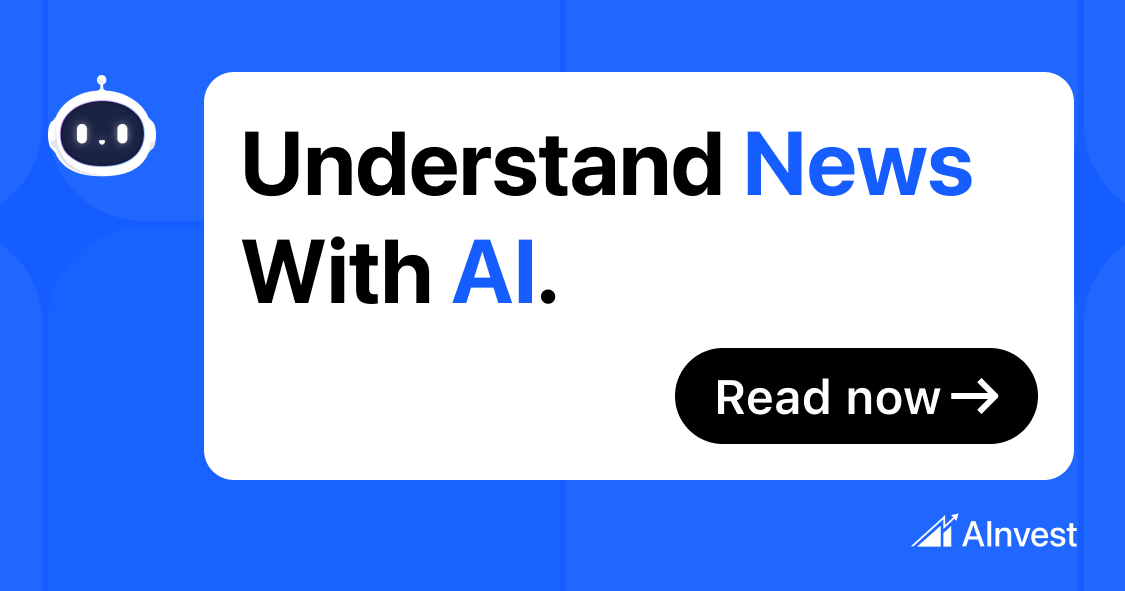OKX has launched its Wallet and DEX (Decentralized Exchange) services across Europe, offering users a self-hosted experience that supports over 140 public blockchains. The platform aggregates the best prices from more than 500 DEXs, enabling fast and efficient trading, and provides seamless access to various decentralized applications (dApps). The expansion underscores OKX’s commitment to enhancing the Web3 ecosystem in the region by offering secure, regulated, and user-friendly financial services. According to the CEO, Europe is entering a new phase in the development of Web3, and the platform is now equipped with a MiCA regulatory license to serve users across the European Union [1].
The OKX Wallet is designed to simplify onchain interactions by putting self-custody, security, and deep liquidity at the forefront. It allows users to control their assets without the need for a middleman, supported by independent security verification. The wallet also incorporates advanced tools like Signal, Alpha Radar, and the Insights Hub, which help users monitor whale activity, track trends, and gain insights across multiple blockchains. Additionally, the DEX aggregator scans over 500 decentralized exchanges to optimize trade routes for speed and cost efficiency, with over $2–3 billion in weekly trading volume [2].
The launch of OKX’s onchain services in Europe aligns with the growing trend of DeFi expansion, which now spans 150+ blockchains and includes thousands of tokens and applications. The wallet enables users to earn onchain rewards through features like Boost, which facilitates trading competitions, task-based campaigns, and direct access to DeFi protocols. It also supports referral programs and yield opportunities, making it an all-in-one solution for both new and experienced users. The service aims to bridge the gap between traditional finance and the decentralized future by offering tools that are intuitive, secure, and accessible [2].
Security remains a top priority for OKX. The platform emphasizes a self-custody model, where users maintain full control over their private keys and assets. The wallet is ranked as the most trusted by CertiK, a leading blockchain security firm, which adds an additional layer of credibility and confidence for users. Furthermore, the platform ensures compliance with regulatory requirements, particularly under the EU’s MiCA framework. OKX operates as a licensed Crypto-Asset Service Provider (CASP), which is a key requirement for legal operation within the EU. Other platforms, such as Kraken and OKX (through OKCoin Europe), have also obtained official CASP licenses and operate legally across the region [3].
The broader regulatory environment in Europe is evolving with the implementation of the MiCA regulation, which affects centralized crypto exchanges but not fully decentralized protocols or self-custody wallets. This distinction allows platforms like OKX to operate without interference from regulatory bodies, provided they adhere to AML (Anti-Money Laundering) and KYC (Know Your Customer) requirements for large transactions. While DeFi protocols and DEXs remain outside the scope of MiCA, new rules are being considered that could impose stricter limitations on anonymous transactions and privacy coins. Users are advised to remain cautious and understand the implications of these regulations, especially when dealing with large transfers or engaging with centralized platforms [3].
Source: [1] OKX Launches Wallet and DEX Services in Europe (https://www.panewslab.com/en/articles/c5ec2405-1703-4de1-9c46-98e27abab1bf) [2] Wallet & Onchain Services Available in Europe (https://www.okx.com/learn/wallet-and-onchain-services-available-in-europe) [3] Crypto Platforms in Europe: Rules, Risks, and How They … (https://coin.space/crypto-platforms-in-europe-rules-risks-and-how-they-work-under-mica/)

